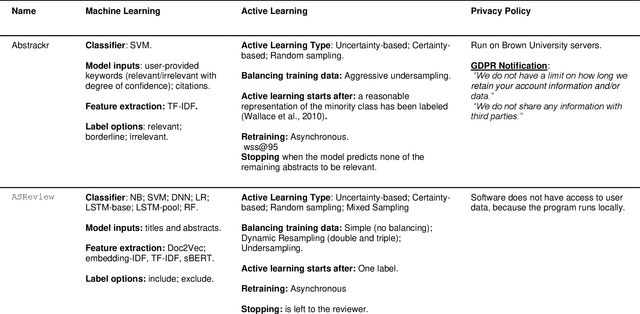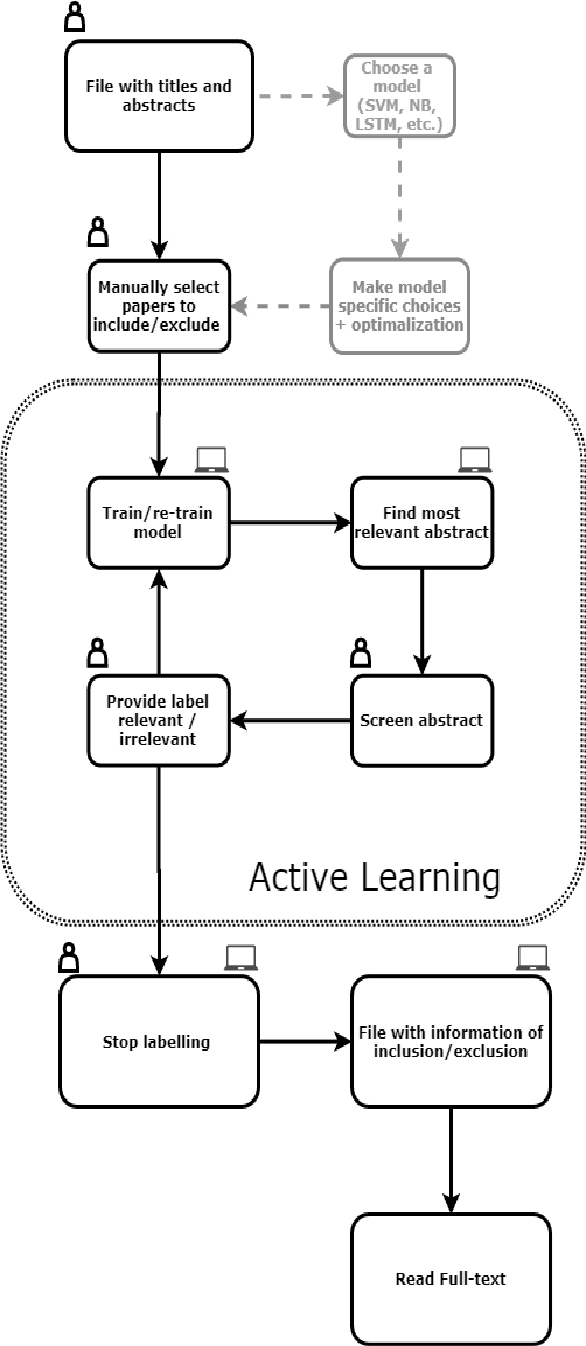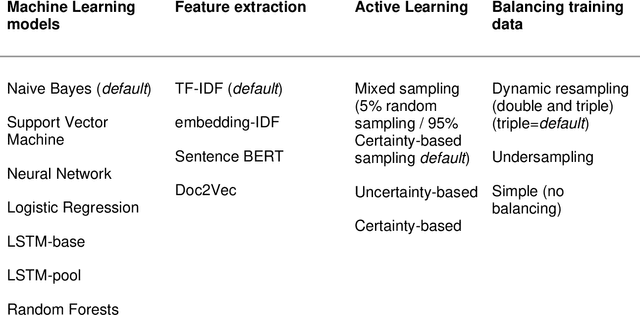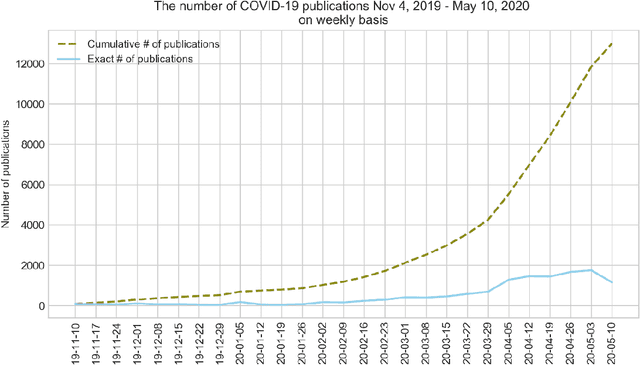Daniel Oberski
From Data-Driven to Purpose-Driven Artificial Intelligence: Systems Thinking for Data-Analytic Automation of Patient Care
Jun 16, 2025Abstract:In this work, we reflect on the data-driven modeling paradigm that is gaining ground in AI-driven automation of patient care. We argue that the repurposing of existing real-world patient datasets for machine learning may not always represent an optimal approach to model development as it could lead to undesirable outcomes in patient care. We reflect on the history of data analysis to explain how the data-driven paradigm rose to popularity, and we envision ways in which systems thinking and clinical domain theory could complement the existing model development approaches in reaching human-centric outcomes. We call for a purpose-driven machine learning paradigm that is grounded in clinical theory and the sociotechnical realities of real-world operational contexts. We argue that understanding the utility of existing patient datasets requires looking in two directions: upstream towards the data generation, and downstream towards the automation objectives. This purpose-driven perspective to AI system development opens up new methodological opportunities and holds promise for AI automation of patient care.
ASReview: Open Source Software for Efficient and Transparent Active Learning for Systematic Reviews
Jun 22, 2020



Abstract:For many tasks -- including guideline development for medical doctors and systematic reviews for research fields -- the scientific literature needs to be checked systematically. The current practice is that scholars and practitioners screen thousands of studies by hand to find which studies to include in their review. This is error prone and inefficient. We therefore developed an open source machine learning (ML)-aided pipeline: Active learning for Systematic Reviews (ASReview). We show that by using active learning, ASReview can lead to far more efficient reviewing than manual reviewing, while exhibiting adequate quality. Furthermore, the presented software is fully transparent and open source.
 Add to Chrome
Add to Chrome Add to Firefox
Add to Firefox Add to Edge
Add to Edge